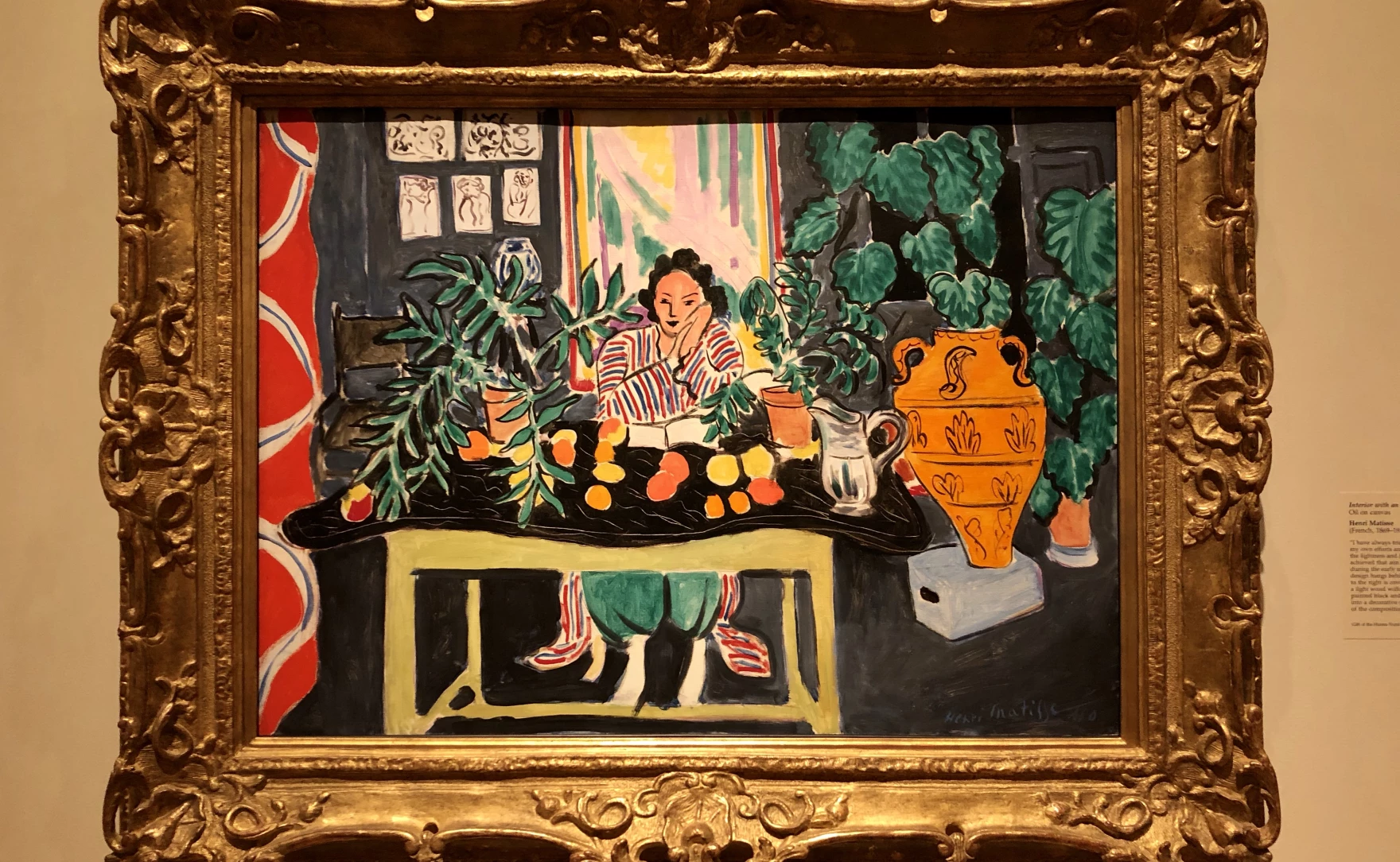
Social Distancing and Self Isolation Is Crippling Northeast Ohio’s Arts and Culture Scene
From Cleveland to Oberlin to Canton, the coronavirus is forcing arts and cultural institutions to close their doors. We have more on the far reaching effects of the COVID-19 pandemic and how those in the arts are adapting.
Moviegoers were supposed to pack into theaters at Tower City later this month for the 44th Cleveland International Film Festival.
But instead of a glitzy opening night at Playhouse Square, the festival was canceled.
“It was something we were very much looking forward to,” said filmmaker Carl Kriss.
His documentary “Bring It Home” based on the closure of the General Motors plant in Lordstown was supposed to have its world premiere at the festival.
“It was tough. But I wasn’t surprised that they canceled it,” Criss said. “I had been researching what had happened in other countries. I knew it was coming here, and I was actually relieved when I heard it was canceled.”
Closing doors
The film festival was one of the first dominoes to fall in the wake of coronavirus concerns. It made the call to cancel early on March 11.
Since then, Gov. Mike DeWine has issued a series of executive orders prohibiting mass gatherings, closing schools and banning sit-down restaurant and bar service statewide.
The Rock and Roll Hall of Fame postponed its induction ceremony for the class of 2020 that includes Whitney Houston, The Notorious B.I.G. and Cleveland’s own Nine Inch Nails.
Museums across the region are also closed for at least a few weeks. Massillon Museum Executive Director Alexandra Nicholis Coon said museums are following DeWine’s lead.
“We are reacting, of course in alignment with what is mandated by the governor of Ohio, but also in conversation with our museum peers, with our board and our staff, with what we truly feel will maintain the public health,” Coon said.
She points to museums’ online resources, like digitized collections and even virtual tours, as ways to still engage with the arts while practicing social distancing.
“We realize that we can only take this one week at a time, for now.”
Moving to livestreaming
But the reach of coronavirus concerns in the arts isn’t limited to museums or big festivals.
Cleveland’s Inlet Dance Theatre was in the middle of a national tour last week when closings started to ramp up.
Dominic Moore-Dunson, a company member and assistant to the artistic director, said Inlet’s performances in Rochester, New York had to be changed on the fly.
“We had to go about it in a completely different way. So the performing arts center here in Rochester, they actually livestreamed our performance.”
Performing artists across Northeast Ohio are increasingly embracing livestreaming to connect with audiences.
Akron’s Rubber City Theatre used Facebook Live to broadcast its latest Shakespeare production.
Lingering effects
But with all the closings, cancellations and format changes, Nicole Mullet with ArtsNowsaid there’s already been a serious loss of revenue.
“We have to think about the artists as well as their families. But also the carpenters, the publicists, the administrators, the behind-the-scenes-folks, the stage crews, the costumers, all of the people who come together to make art happen in our communities,” Mullet said.
She urges people stuck at home to buy local music and artwork from their couches or donate to artists and cultural organizations directly.
“So the impact is far reaching, and I think we’re in the early days of understanding just the significance that we’re going to be seeing.”
Barberton’s Magical Theatre Company has had to postpone its school theater tours, which make up a large chunk of its annual budget.
Co-Producing Director Dennis O’Connell said he’s worried about the theatre’s employees, who are mostly freelancers.
“They work for us, they work in Cleveland and they work nationally. They do commercials. They do podcasts and all sorts of things to pay their rent, their mortgage, feed their children. This kind of work, when it goes away, that revenue goes away,” O’Connell said.
Adam Hoffman, an actor and playwright with Magical Theatre Company, aknowledges that the closings are a huge financial hit for everyone in the arts, but said it’s not permanent.
The tricky thing, Hoffman said, is nobody knows how long it will last.
“I don’t know if you’ve seen the videos of people singing in Italy. They’re singing from their windows to each other keeping the human spirit alive. And that’s great. I think people will always have this hunger for arts. So it’s a pause,” he said.
“The arts are stronger than the coronavirus.”